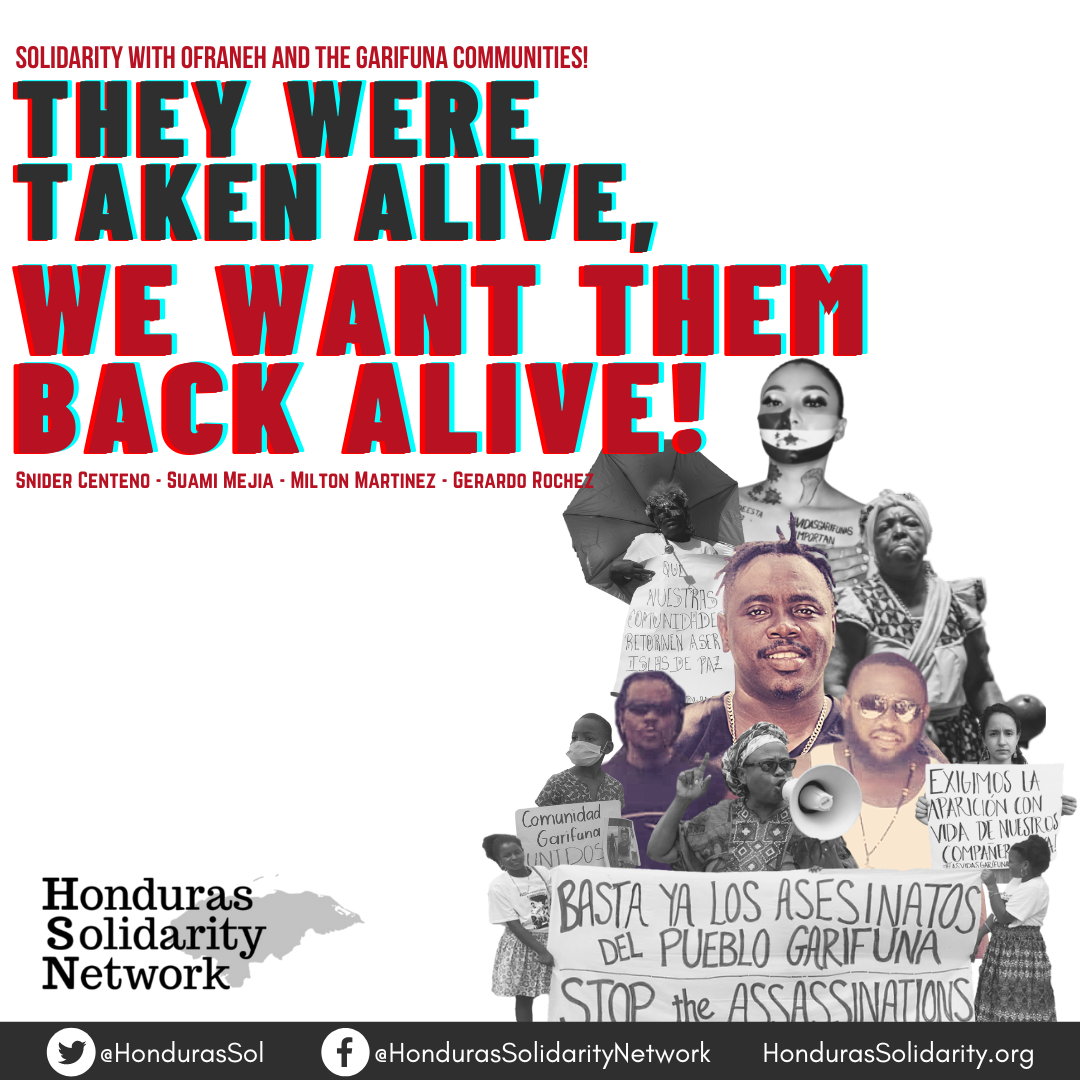Criterio reports on the need to repeal the expansion of Carlos Escaleras National Park buffer zone as a first step to resolve the Guapinol conflict. "Throughout the process of struggle and resistance, the members of the fourteen communities that defend their water sources and oppose mining, have demanded the repeal of decree 252-2013. The member of the Municipal Committee for the Defense of Common and Public Goods of the municipality of Tocoa and current councilman, Leonel George, stated that "the communities have been fighting for the defense of the Carlos Escaleras Mejía Botaderos Mountain National Park, a protected area that supplies water and is a water producing area for the communities, as well as a source of oxygen and a livelihood for food production". The repeal of decree 252-2013, George explained to Criterio.hn, would solve part of the conflict and would give the communities a chance to recover the national park to restore the healthy environment in which they lived prior to the arrival of the mining company and in the face of climate change and the effects it generates."
- Home
- About Us
- Issues
- Countries
- Rapid Response Network
- Young Adults
- Get Involved
- Calendar
- Donate
- Blog


